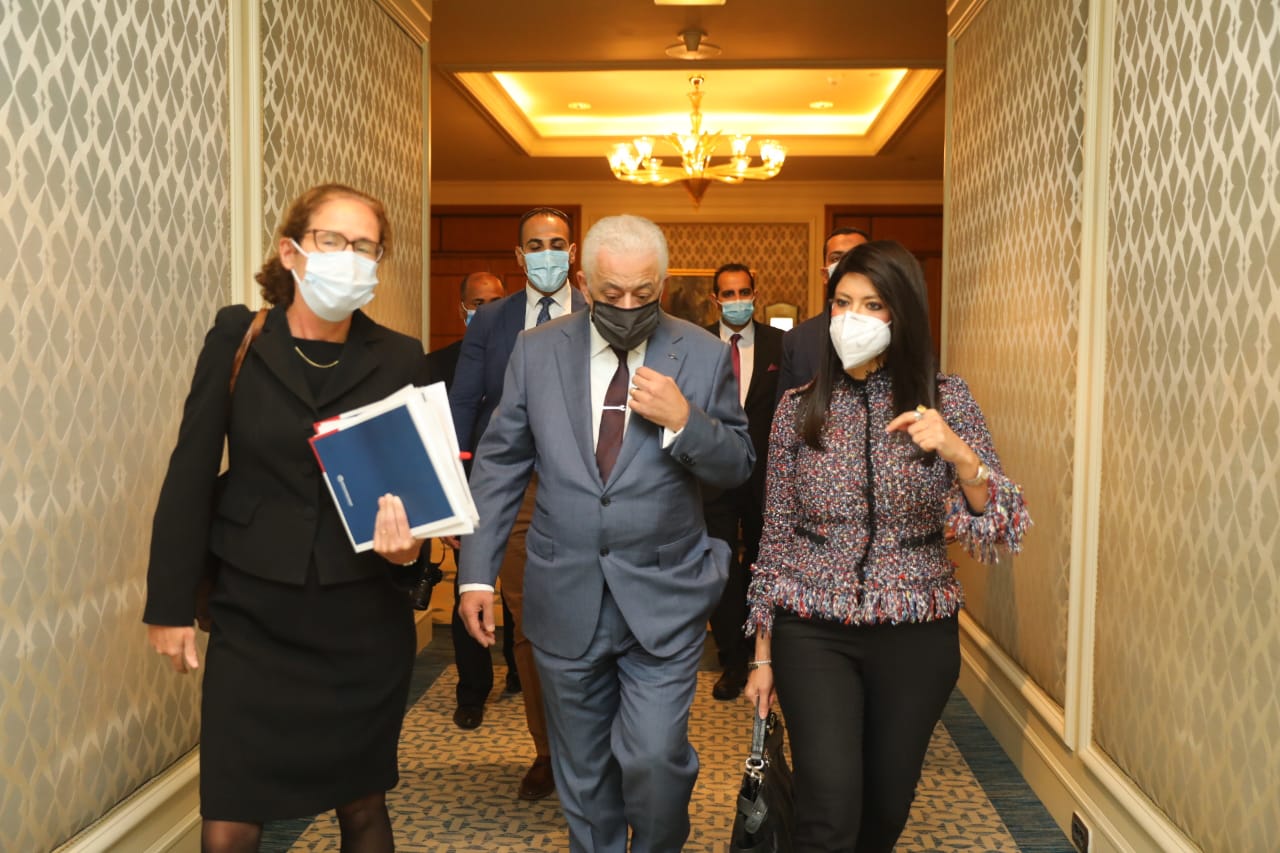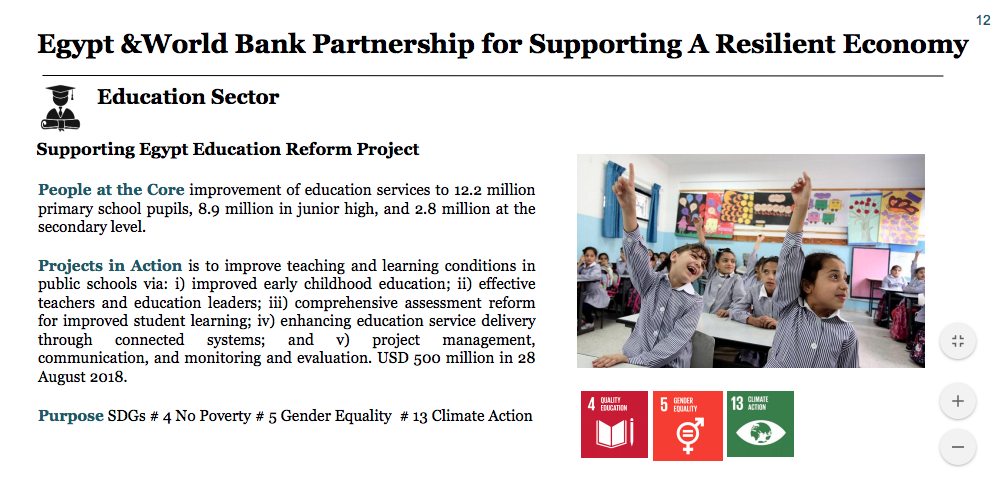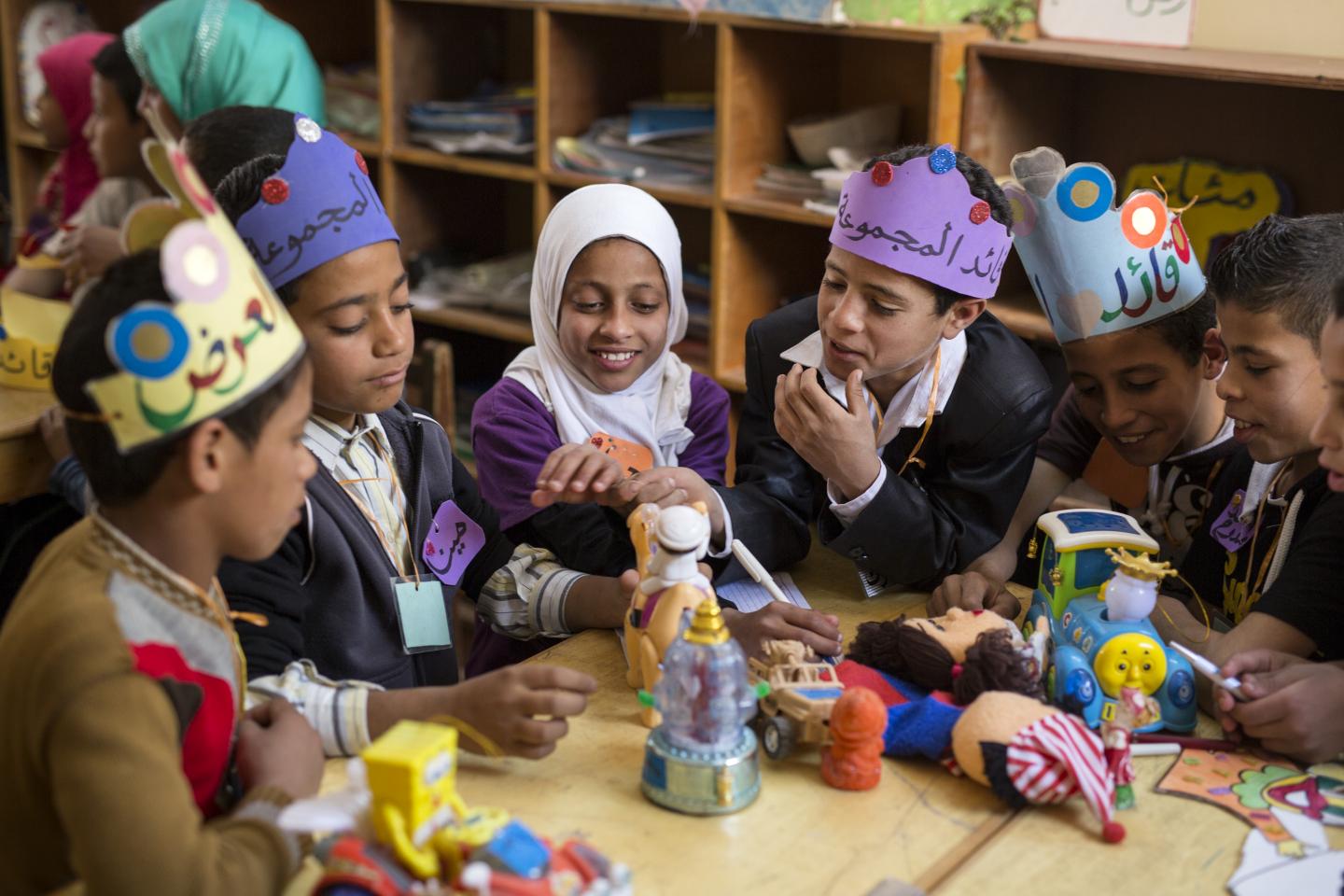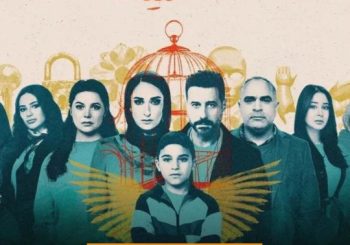
Marina Wes, World Bank Country Director for Egypt, Yemen and Djibouti, stated yesterday that there is “a lot to learn from the Egyptian experience” in its implementation of education reforms, and that Africa can learn from this experience.
The statement came during the launch of the World Bank report ‘Egypt Economic Monitor: From Crisis to Economic Transformation’ in the presence of H.E. Dr. Tarek Shawki, Minister of Education and Technical Education and H.E. Dr. Rania Al-Mashat, Minister of International Cooperation.
The report outlines the economic transformation process in Egypt with a focus on the critical topic of job creation, and how the emergency measures undertaken by authorities in response to the COVID-19 crisis are helping Egypt weather the shock.
During the event, Minister of Education, Dr. Tarek Shawki, noted that, “without skills, we cannot achieve long-term economic development. Egypt aims to cultivate a society that values innovation and life long learning.”
He added that Egypt’s education reforms are focused on shifting perceptions on education – moving it beyond just textbooks and allowing Egyptian students to acquire knowledge from different sources and learn essential life skills.
Since its launch in 2017, the new education system now reaches over 8 million Egyptian students, and more than 630,000 teachers have been trained and qualified for the new education system. Over the past two years, over 4.10 million exams were carried out digitally.
It focuses on shifting from the superficial approach to understanding and indoctrination to the development of important skills, problem solving and creativity; allowing Egyptian students to receive knowledge from various sources, such as the ‘Egyptian Knowledge Bank.’
In an exclusive interview with Egyptian Streets, Minister Tarek Shawki explained that parents and families are key to success of the new Education System in Egypt.
”We realized that, yes, you can get very competent technical expertise to build curricula, to talk about assessment, but the biggest problem is really a change in the mindset,” explained Dr. Shawki, further elaborating that the parents are themselves products and ”guardians” of the system the ministry was seeking to dismantle.
Egypt’s Partnership with the World Bank to Support a Resilient Economy

During the event, Al-Mashat referred to the longstanding cooperation with the World Bank Group to support a resilient economy.
“The strategic partnership helps push forward the SDG agenda in line with Egypt’s vision 2030 through a diversified country engagement program with People at the Core, Projects in Action, and Purpose as the Driver,” the minister stated.
During 2020, Egypt signed with the World Bank Group a total of four agreements in sectors of health, social solidarity and environment worth $1.15 billion.
Al-Mashat said that the Ministry has been committed to chart the course for ODA SDG financing as as the world enters into a “decade of action and delivery,” redesigning development finance to be dedicated towards sustainable development and collectively achieve the National 2030 Agenda.

Putting people at the core, the ‘Supporting Egypt Education Reform Project’ aims to improve education services to 12.2 million primary, 8.9 million in junior high, and 2.8 million at the secondary level.
The total current portfolio of bilateral cooperation between Egypt and the World Bank totals about $5.38 billion in housing, sanitation, social solidarity, transportation, health, education, local development, petroleum, small enterprises and the environment.






Comments (0)